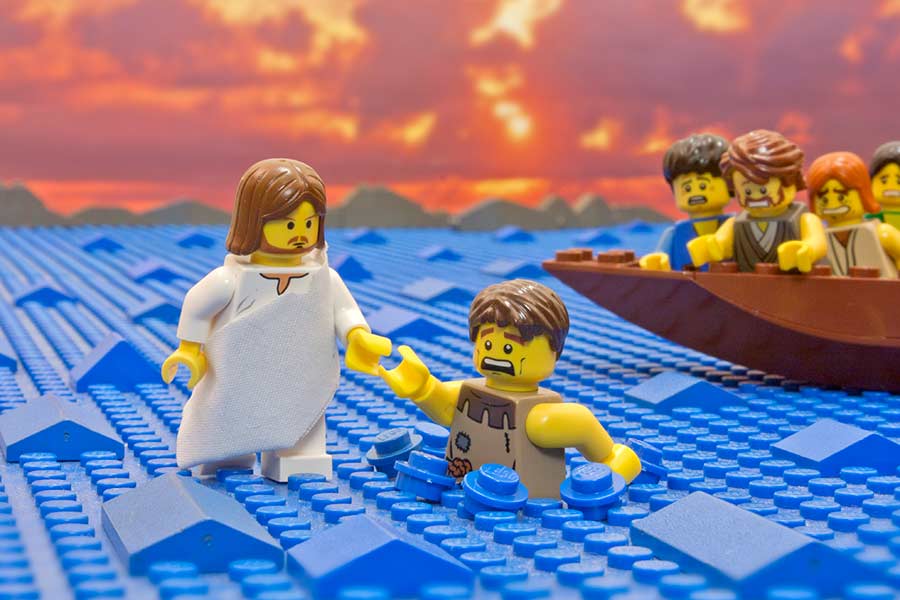In the same month that John C. Bennett was excommunicated from the Church, the former governor of Missouri Lilburn Boggs—who had issued the "extermination order" against the Mormons—was shot by an assassin. Boggs recovered, and was soon contacted by Bennett who signed an affidavit swearing that Porter Rockwell, an expert marksman and member of the Mormon paramilitary group the Danites, had been sent to Missouri by Smith to carry out the assassination.
A warrant was put out for the arrest of Rockwell and Smith. Believing that if he were brought back to Missouri he would surely be killed, the prophet went into hiding on an island in the Mississippi River. Several months later when a newly elected governor of Illinois offered Smith protection, he came forward, appeared before a judge, and was soon released from custody because the charges went beyond the evidence in Boggs’s original affidavit.
Public opinion in Illinois was increasingly anti-Mormon, and citizens of nearby communities were becoming distressed over Nauvoo's ever-growing population and its political influence. The prophet's brother William Smith—who was also one of the Twelve Apostles—ran for a seat in the Illinois house of representatives, and since the Saints voted as a block, he was easily elected.
Attempting to promote goodwill, a local newspaper editor named Thomas Sharp was invited to attend celebrations for the laying of the cornerstone of the temple, including speeches by the prophet and other Church leaders. But in the article he wrote about his visit among the Mormons, Sharp characterized the Church as a dangerous, un-American political movement that was seeking domination of a vast empire under a union of church and state.
With 1844 being a presidential election year, in January the Twelve Apostles gathered and unanimously passed a motion to endorse the 38-year-old prophet Joseph Smith as their candidate of choice. Smith told them that every man in Nauvoo would have to be sent out in support of his campaign. As his vice-presidential running mate, he chose fellow member of the Church's First Presidency, Sidney Rigdon.
Smith's platform was announced in February and was designed to appeal to both major parties, Whigs and Democrats alike. It included cutting the size of Congress down by two thirds; lowering congressional power and salary; pardoning many convicts currently in prison; turning prisons into "seminaries of learning"; and abolishing slavery within six years by having the government purchase all the slaves from their owners, financing the project with sales of public lands.
In March, a Church meeting in Nauvoo was held to organize the political kingdom of God in preparation for the Second Coming of Christ. This committee would also serve to direct the Smith campaign for the presidency. In May, it was decided to appoint delegates from many states to congregate in Baltimore in July for a national convention to officially nominate Joseph Smith for president of the United States.
NEXT:
Also from the creator of The Brick Book of Mormon:

